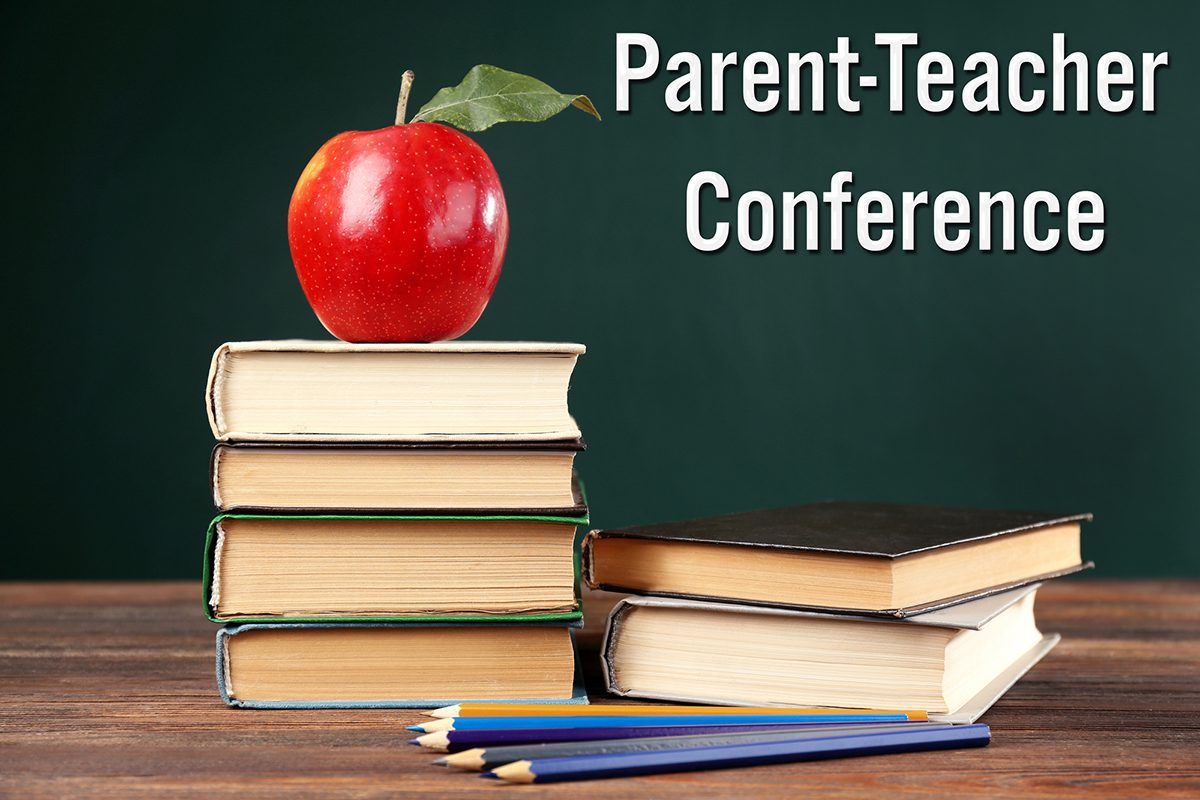Keeping the lines of communication open between teachers and parents is important to the staff at Sallie B. Howard. With your child’s best interest always top of mind, parents are encouraged to discuss their child’s goals and concerns with their teacher.
One of the best times to focus on your child’s progress is at parent-teacher conferences. Here are some tips on getting the most out of these conversations with our staff.
1. Come Prepared With Questions
It can be difficult to think of questions you have for your child’s teacher on the spot, or even to remember specific questions you had before your conference. To help you prepare, write down your questions and come prepared with any materials you might need, such as homework, tests, and other schoolwork you might have questions about.
You can also ask questions about topics related to our school, such as student enrollment and extracurricular activities.
2. Don’t Be Afraid to Voice your Child’s Concerns

We know it can be difficult for children to speak up about their concerns. If your child has a concern with their teacher, classmates, bullying, or anything else, don’t hesitate to speak up for them during your meeting.
Encourage your child to inform staff if they have concerns about their ability to learn, safety, or anything else.
3. Request Accommodations
Children might need accommodations for things such as sitting near the front of the class, one-on-one teaching, and even extra bathroom breaks.
Make your accommodation requests known during your conference, so teachers have an opportunity to make adjustments.
4. Consider This a Team Meeting

Your child’s teacher and you have the same goal: your child’s success. To make the most of your conference, it’s important to view this conference as a team meeting for your child.
This can include making a plan for your child’s success and collaborating on work at home and at school.
5. Discuss Progress
While it’s important to discuss any problems your child may have with learning or behavioral issues, it’s also important to ask about progress your child is making and how he or she can maintain that progress.



